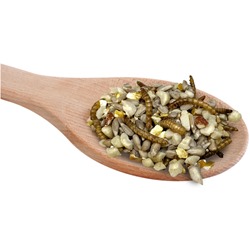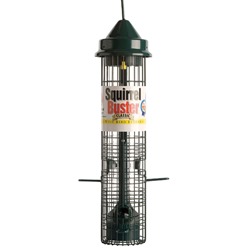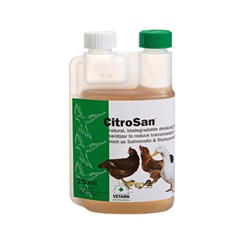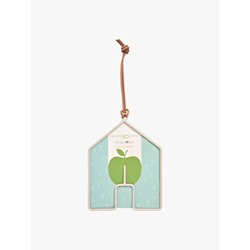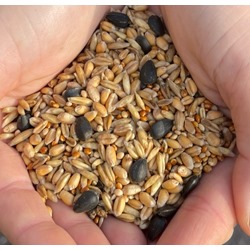
If you regularly feed the birds or you’re planning to start, it is crucial that you know what not to feed wild birds and why. Feeding birds any of these items can potentially cause them harm and so should be avoided.
Bread
Most of us have probably fed birds bread at some point in our lives and while bread isn’t immediately harmful to wild birds, it lacks nutritional value and therefore can lead to malnutrition if consumed in excess. This is why nowadays it is not recommended to feed wild birds’ bread – even if you have some leftover!
Chocolate
Chocolate contains theobromine and caffeine, both of which are toxic to birds (in the same way that they are toxic to dogs!). These compounds can lead to seizures, heart arrhythmias and even death in wild birds and so should never be offered as foods!
Onion & Garlic
Both onion and garlic, even in small amounts, can damage a bird’s red blood cells and digestion, leading to potentially fatal anaemia and weakness.
Dairy
Most wild birds are lactose intolerant, meaning they cannot properly digest dairy products. Birds can suffer gastrointestinal upset and diarrhoea from even small amounts of milk, cheese or yoghurt, so it is best to avoid these foods completely.
Salt
In the same way that too much salt can be bad for humans, salty foods can be bad for wild birds. Natural foods in the wild contain very little salt, so birds have not adapted to eating it. Feeding wild birds’ salty food ( and that would include things like salted peanuts! ) can therefore cause serious health issues, like dehydration and organ failure.
Avocado
Avocados contain Persin, an anti-fungal toxin that can cause heart damage, respiratory distress and even death in birds. Although the exact levels of Persin vary in different parts of the avocado, it’s best to keep avocados away from wild birds completely.
Whole Peanuts
Offering whole peanuts can pose a serious choking risk to wild birds, particularly chicks, therefore they should always be offered in a rigid mesh feeder to prevent chicks from choking on large pieces. This is especially important during fledgling season where adults can easily take whole peanuts back to the nest for their young.
Fruit Pits
The pits or seeds of certain fruits like cherries, peaches and apricots contain low levels of cyanide, which is toxic to birds. They can also be a choking risk and therefore should be avoided altogether.
Desiccated Coconut
Desiccated coconut can swell up when it reaches the stomach and cause birds serious discomfort and sometimes even death. This is why any bird seeds containing desiccated coconut should be avoided.
Mouldy Food
Spoiled seed and mouldy food can be harmful for birds, leading to diseases and illness in the same way that it does for humans. If it’s too mouldy for you to eat, they probably won’t want to eat it either!
So, What Can I Feed Wild Birds?
If you’re wondering what you can feed your local birds from your kitchen, check out our blog What Kitchen Scraps Can I Feed To My Birds?, but if your looking for advice on what high-quality bird seed you should offer, check out our extensive range of bird food, grown on our own farm in the UK.
At Really Wild Bird Food, our bird seed offers unparalleled nutritional quality and cleanliness – your local birds just won’t be able to resist!
If you have any further questions about what not to feed wild birds, please don’t hesitate to contact us and a member of our team will be happy to help.
Shop Bird Food
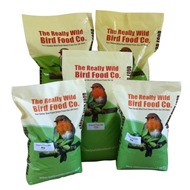
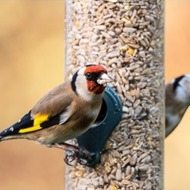 Back
Back Bird Feeders
Bird Feeders  Seed Feeders
Seed Feeders Peanut Feeders
Peanut Feeders Peanut Butter Feeders
Peanut Butter Feeders Suet & Fat Feeders
Suet & Fat Feeders Window Feeders
Window Feeders Hanging Feeders
Hanging Feeders Feeding Stations
Feeding Stations Ground Feeders
Ground Feeders Easy Clean Feeders
Easy Clean Feeders Bird Tables
Bird Tables Seed Trays
Seed Trays Bird Baths & Drinkers
Bird Baths & Drinkers Feeder Accessories
Feeder Accessories Feeder Hygiene
Feeder Hygiene Squirrel Proof Bird Feeders
Squirrel Proof Bird Feeders For the Kids
For the Kids Niger Seed Feeders
Niger Seed Feeders Mealworm Feeders
Mealworm Feeders Bird Food Storage
Bird Food Storage Fat Ball Feeders
Fat Ball Feeders Tube Feeders
Tube Feeders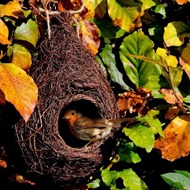

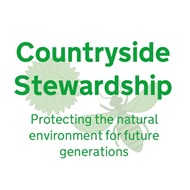

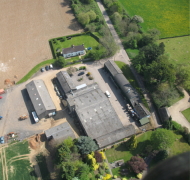 Our Farm
Our Farm Contact Us















